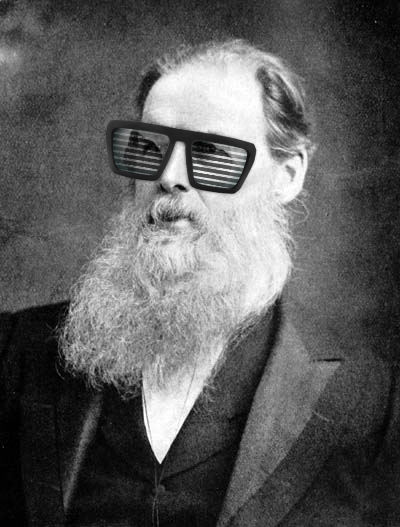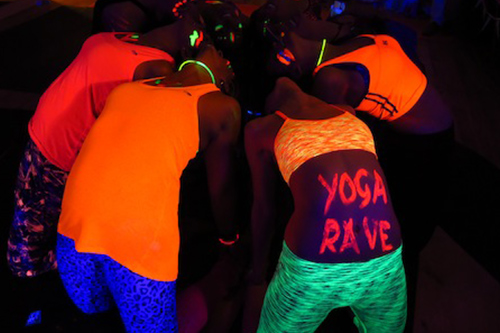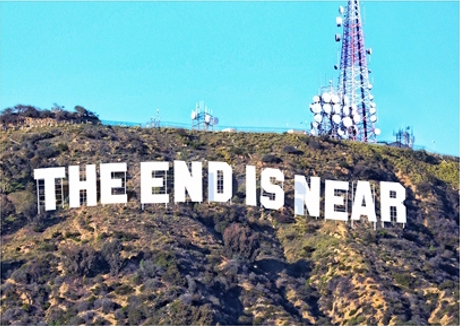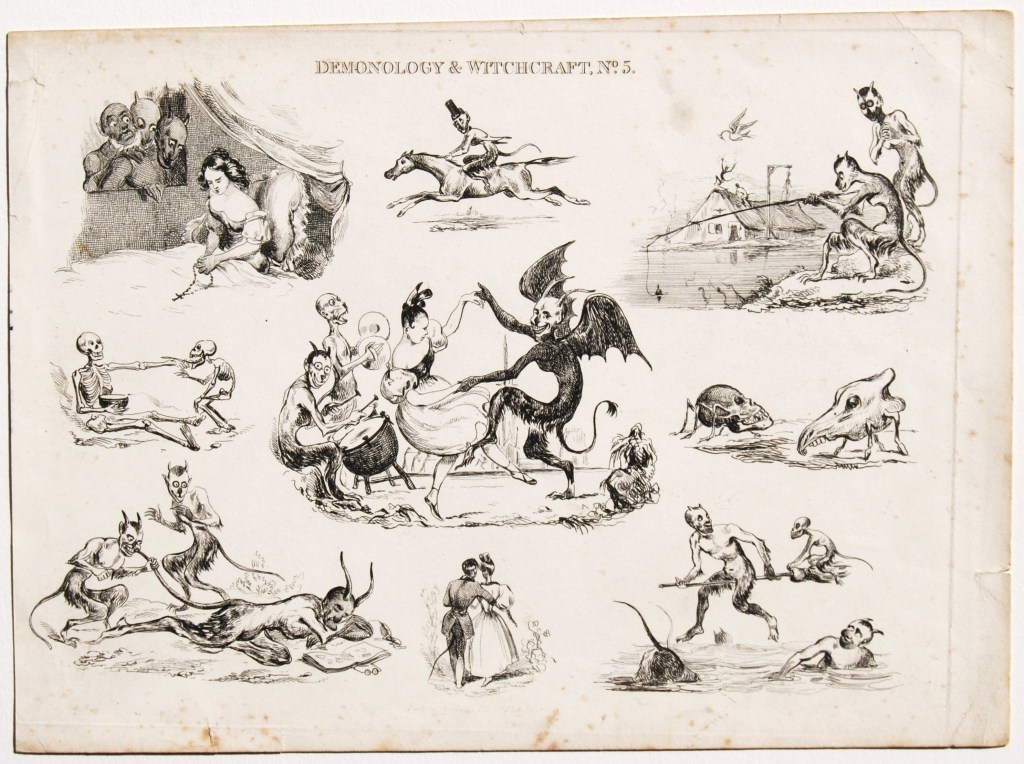Blended/ing Religion

Margarita Simon Guillory’s interview presents me with an opportunity to revisit a major question in the study of African American religion(s). That is: How do we name and theorize the practice of combining different belief systems to create a unique new religion?
The Legacy of Edward Tylor – Roundtable

This roundtable recorded at the annual BASR conference at the University of Chester 2017 brought together a group of scholars interested in different perspectives on the legacy of Tylor. Topics discussed included his impact on indigenous societies, the debates over animism,
Engaging with Religion and Populism

In Professor Brian S. Turner’s RSP podcast interview with Sammy Bishop, a rallying cry for the relevance of sociology of religion rang out. In the aftermath of 9/11, it was the rush to understand Islamic terrorism that re-centred the study of religion in the social sciences. Now, Turner argues,…
Tangential Thinking about “Faith-Based Organizations”

The title of the interview intrigued me: beyond ‘faith-based organizations’. I have always considered Erica Bornstein to be one of the pioneers in the anthropology of faith-based organizations in the fields of development and humanitarianism.
The Perils and Promise of “Authenticity”

The RSP interview with Doctors Theodora Wild croft and Stephen Jacobs about the adoption (and/or appropriation) of kirtan in British culture interested me tremendously, as my own work focuses on Filianism—a New Religious Movement in Britain that, although not arising directly out of Hinduism, has frequently employed Sanskrit terms and elements of Hindu iconography to present itself to the public.
Hindu Traditions in Contemporary British Communities

This podcast explores how Hindu belief and traditions have been incorporated into modern western practices. An overview of the British kirtan community and the Art of Living movement is followed by a discussion of authenticity, reconciliation of tradition and modernity, and the influence of popular culture.
On Reading Ralph Ellison Theologically

Most scholars examining invisibility in Ellison’s novel consider it a social metaphor: the novel’s protagonist is made invisible by people’s refusal to really see him. Yet Harriss claims invisibility is also a theological trope, with roots in biblical materials, Protestantism, and Kongo traditions, antecedents that establish it as an unmarked religious category. More than the social marginalization of black bodies, Harriss contends invisibility is metaphysical, too.
Messengers of Many Gods: A Response to the RSP Interview with Tehri Utriainen

Angels don’t just make esotericism accessible to Christians; they make the legacy of Christian thought and active dialogue with the Christian world accessible to people who have often left both on bad terms, and would not otherwise be willing or able to engage with them.
Millennialism and Violence?

Are we right to connect millennialism and violence? Are groups like Heaven’s Gate or the Branch Davidians typical, or rare exceptions, magnified out of proportion by the lens of the media – and scholarship? How do we account for the popularity of mllennialism outside of religious traditions, new, extreme or otherwise?
Paths to Sexual Ethics

Paths need not be linear nor our place on them stagnant, rather we can draw from the past and draw it into the present moment, revisiting and revising as we ask new questions in enduring, and uniting, struggles over ethics in sexuality and beyond.
Modern Yoga: A Response to Bruce Sullivan on Yoga in Museums

The most evocative question raised in the podcast’s conversation is whether yoga and art have something in common—a sort of contemplative aspect—that can help us understand something fundamental about the nature of the sacred. Sullivan is certainly correct in pointing out that art is not meant to be contemplated for its own sake in pre-modern India any more than in pre-modern Europe.
Radical experiences that can change worlds

The observation that ideas are not inherently radical, but that the term is a relative one that involves comparisons to social norms, is of critical importance. The value judgments that we ascribe to ideas are not innate to them but are instead reflections of our own beliefs. These beliefs and norms vary between societies and over time within society.
Troubling Essentialism: Studying Religion and Feminism

Secular feminist scholars would benefit from understanding ‘religion’ as a category without set boundaries, and from studying religion as ‘lived’ within fluid contexts.In her interview with the Religious Studies Project, Dawn Llewellyn gives a succinct and well-considered account of the ‘tricky relationship’ between feminism and religion. Tackling two such wide-ranging topics, their various definitions,
Whither the Sociology of Religion?

I cannot help but think that the field’s continued reliance on these classical thinkers works to limit the possibilities for analysis to those concerns raised by such figures even in the midst of increased calls for non-Western scholarly interlocutors and more diverse research sites.Grace Davie’s discussion of the sociology of religion provides a comprehensive overview of the field. She offers insights garnered from her own eminent career within British sociology of religion and speaks …
Futures Found Wanting

Figured as discursive objects, both the witch and the UFO exceeded (or were thought to exceed) the epistemic capacities of contemporary knowledge, necessitating the creation of new forms of knowing.In her recent book on confession and witchcraft in early modern France, French Studies scholar Virginia Krause argues that early modern demonology was a ‘science of the night’.The activities of the Devil, and of the witches who served him, occurred in the darkest hours,…
